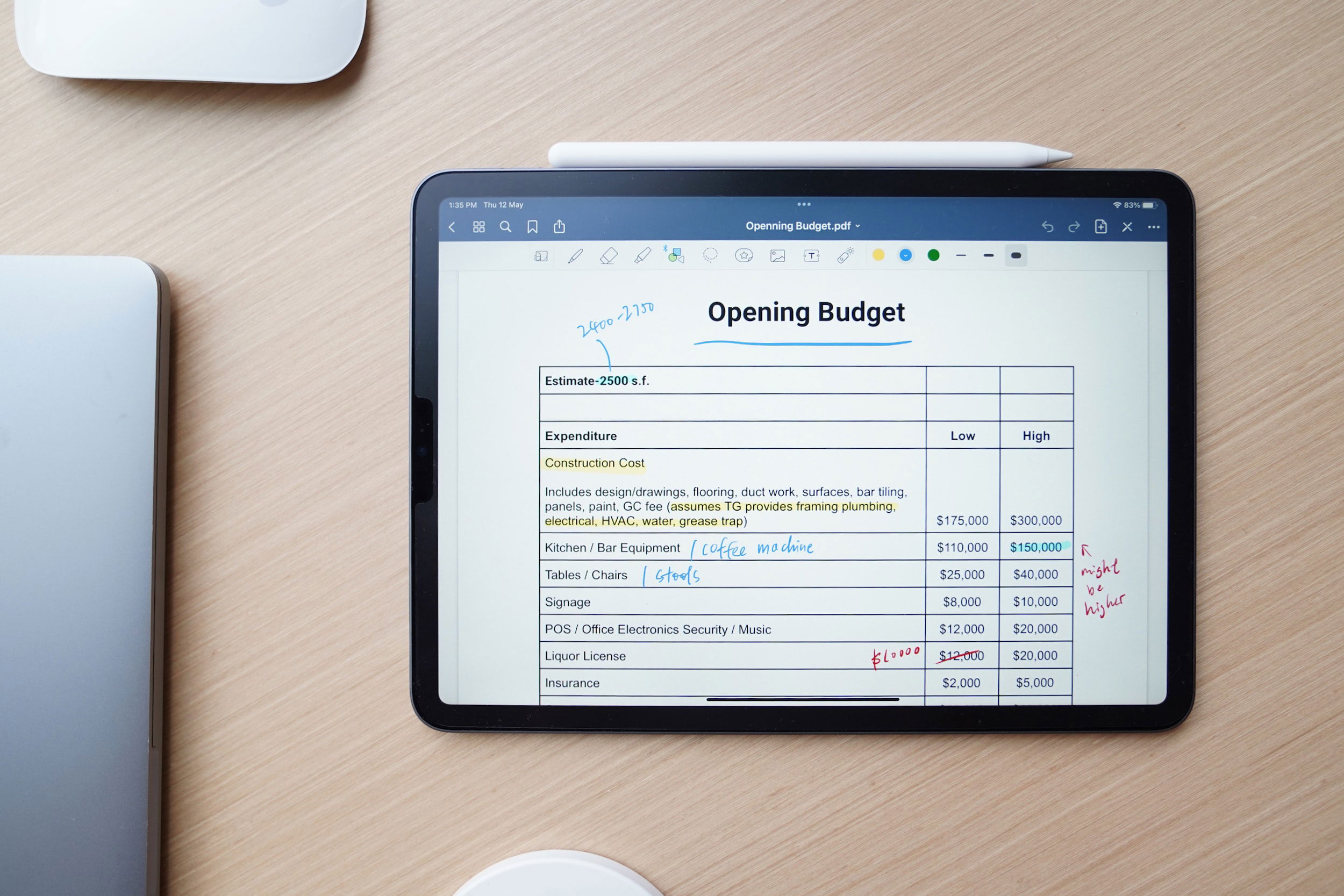Budgeting for Success: Key Steps to Boost Your Financial Growth
Budgeting is a fundamental tool for achieving financial success and securing your future. It provides a roadmap for managing your income, expenses, and savings, allowing you to make informed financial decisions and work towards your goals. In this comprehensive guide, we will explore the importance of budgeting, key steps to create an effective budget, and how budgeting can accelerate your path to financial growth.

The Significance of Budgeting
Budgeting is more than just tracking your expenses; it's about taking control of your financial life. Here's why budgeting is crucial for financial success:
Financial Clarity: Budgeting helps you gain a clear understanding of your financial situation. You'll know where your money is coming from, where it's going, and how much you can save or invest.
Goal Achievement: With a well-structured budget, you can set and prioritize financial goals, whether it's buying a home, paying off debt, saving for retirement, or taking a dream vacation.
Debt Management: Budgeting is an effective tool for managing and reducing debt. It allows you to allocate extra funds towards paying off high-interest debt, accelerating your path to financial freedom.
Emergency Preparedness: A budget helps you build an emergency fund, ensuring you're financially prepared for unexpected expenses or disruptions in your income.
Wealth Building: By consistently saving and investing, you can grow your wealth over time. A budget ensures you allocate a portion of your income to these essential activities.
Key Steps to Create an Effective Budget
1. Calculate Your Income
The first step in budgeting is determining your total monthly income. Include all sources of income, such as your salary, rental income, dividends, and any side hustles or freelance work.
2. List Your Expenses
Create a comprehensive list of all your monthly expenses. Categorize them into fixed expenses (e.g., rent/mortgage, utilities, loan payments) and variable expenses (e.g., groceries, dining out, entertainment).
3. Set Financial Goals
Define your short-term and long-term financial goals. These might include saving for a vacation, building an emergency fund, paying off credit card debt, or funding your retirement.
4. Allocate Funds
Allocate a portion of your income to each expense category and your financial goals. Ensure that your total expenses and savings do not exceed your total income.
5. Track Your Spending
Consistently track your expenses to ensure you're staying within your budget. Many apps and tools can help automate this process, making it easier to monitor your spending habits.
6. Adjust as Needed
Review your budget regularly and make adjustments as circumstances change. Life events, income fluctuations, or unexpected expenses may require you to modify your budget to stay on track.
How Budgeting Boosts Financial Growth
1. Savings and Investments
Budgeting allows you to allocate a portion of your income to savings and investments consistently. Over time, these contributions can grow significantly, helping you achieve your financial goals and build wealth.
2. Debt Reduction
By tracking your expenses and budgeting for debt payments, you can accelerate your journey to becoming debt-free. Extra payments toward high-interest debt can save you money in interest payments.
3. Emergency Preparedness
A well-structured budget includes an emergency fund category. This financial cushion can protect you from unexpected expenses, ensuring you don't have to dip into savings or take on debt during a crisis.
4. Financial Discipline
Budgeting instills financial discipline and helps you make informed decisions about your spending. It encourages you to distinguish between needs and wants, making it easier to prioritize your financial goals.

Conclusion
Budgeting is a powerful tool for achieving financial growth and stability. It provides the clarity and structure needed to make informed financial decisions, manage debt effectively, and work toward your short-term and long-term goals. Whether you're looking to save for a comfortable retirement, pay off debt, or build an emergency fund, budgeting is the foundation on which financial success is built.Remember that budgeting is not a one-time task; it's an ongoing process that evolves with your financial situation and goals. As you commit to budgeting and make it a part of your financial routine, you'll find yourself on a path to financial success and greater peace of mind.
Sources:
- The Balance - The Importance of Budgeting
- Investopedia - Budgeting Basics
- Dave Ramsey - How to Make a Monthly Budget That Works
- NerdWallet - The Importance of a Budget
- The Motley Fool - Why You Need a Budget